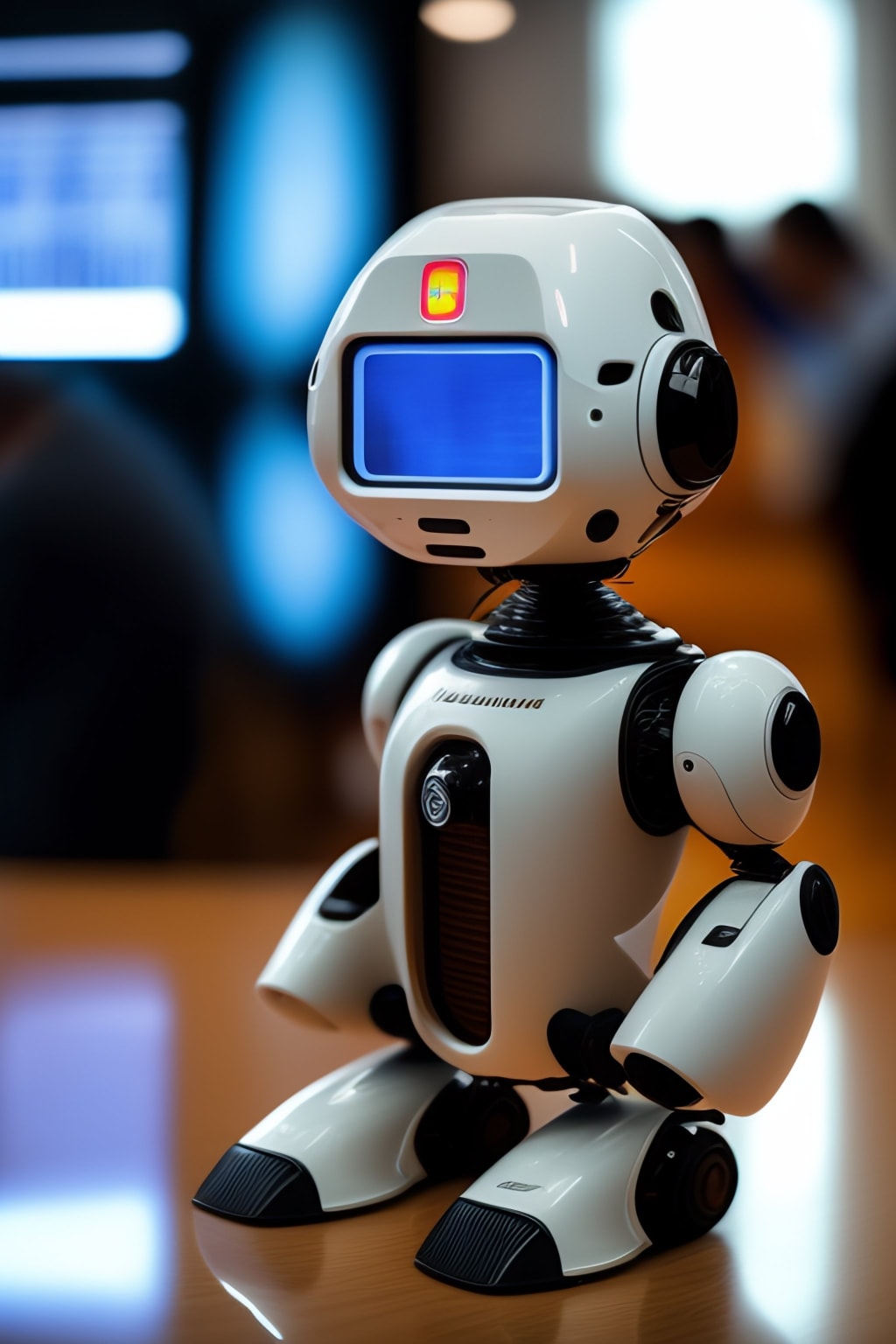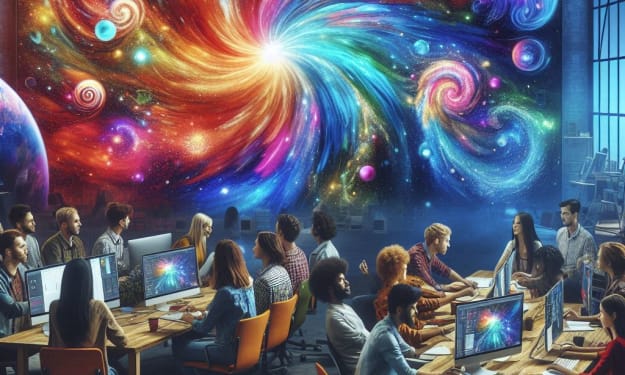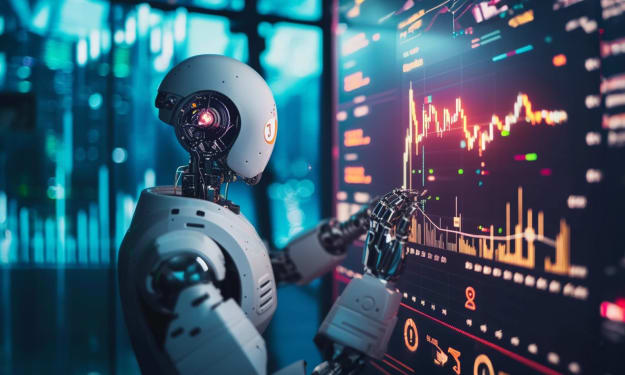Exploring the effects of artificial intelligence on society and the future
One of the most revolutionary technologies of our time is artificial intelligence, or AI. Artificial intelligence is transforming how we live, work, and interact, from self-driving cars to virtual assistants. It is crucial to comprehend AI's impact on society and think about its long-term ramifications as it develops at such a rapid rate.

The development of computer systems that can carry out tasks that would ordinarily require human intelligence is referred to as artificial intelligence (AI). Speech recognition, picture analysis, decision-making, and problem-solving are some of these activities. AI systems are made to learn from data and modify their behavior over time, becoming smarter and more capable as a result.
The potential for AI to automate a variety of vocations and tasks is one of the most important effects of AI on civilization. While enhanced production and efficiency may result from this automation, it also raises worries about job displacement. Many are concerned that AI will displace jobs across industries, leaving workers jobless or forcing them to learn new skills in order to remain employable.
But as history has demonstrated, even though technology can eliminate some professions, it also opens up new career prospects. AI has the ability to establish completely new markets and occupations that we are unable to now envision. As an illustration, AI has stimulated the development of data science and machine learning, increasing the demand for experts in these domains. AI can also improve human talents, freeing up workers to concentrate on more complex activities that call for creativity, critical analysis, and emotional intelligence.
Healthcare could undergo a transformation thanks to AI. AI systems can assist in the diagnosis of diseases, the identification of treatment choices, and the prediction of patient outcomes thanks to access to enormous volumes of patient data and the ability to process and evaluate it quickly. Robots with AI capabilities can help with surgeries, carry out tedious chores, and support people who are elderly or disabled. AI developments have the potential to significantly improve patient outcomes and lower medical errors, which will help the healthcare sector.
AI is laying the groundwork for autonomous vehicles in the transportation sector. Self-driving vehicles have the potential to improve road safety, lessen carbon emissions, and reduce traffic congestion. However, its broad acceptance presents moral conundrums, such the choice made in inevitable accidents. To ensure the appropriate use of AI in transportation, it is critical to strike a balance between regulatory, privacy, and safety concerns.
Through the creation of chat bots and virtual assistants, AI is also changing how we engage with technology. These intelligent systems are able to comprehend human language and respond by making tailored recommendations, responding to inquiries, and even acting out dialogues. Our smartphones, smart speakers, and other devices now all have virtual assistants built in, which streamlines daily tasks and improves our online experiences.
While AI offers a lot of potential, it also has its share of difficulties. The ethical application of AI is a key area of concern. Accountability and transparency challenges arise when AI systems grow more independent and capable of making judgments. It is vital to make sure AI upholds human values and is impartial, fair, and fair-minded. Additionally, strong governance structures and laws are needed to protect against AI misuse such as the development of autonomous weapons or deep fakes.
The potential for socioeconomic disparities to worsen is another obstacle. AI systems learn from data, and if that data contains prejudices, such biases may be amplified and sustained by the AI algorithms. For instance, it has been discovered that facial recognition algorithms are less accurate for women and people of color, potentially resulting in discrimination. To stop increasing societal imbalances, it is crucial to address these biases in AI development and to promote diversity and inclusivity.
The future of AI is incredibly promising. Even more advanced AI systems are probably on the horizon as a result of developments in AI research and rising computing capacity. It's possible that advances in robotics, computer vision, and natural language processing may allow AI to comprehend and interact with the world more like humans do.
However, it is essential to make sure that humans maintain control as AI grows more and more interwoven into our lives. Artificial general intelligence (AGI), which envisions machines with human-level intelligence doing a variety of jobs, prompts concerns about potential dangers and societal repercussions. To carefully navigate the route towards AGI, continual research, safety safeguards, and ethical considerations are required.
Finally, it should be noted that the development of artificial intelligence is transforming society and posing both opportunities and difficulties. AI has the power to transform industries, advance healthcare, and improve the quality of our daily lives. But issues like employment displacement, moral usage, bias, and accountability need to be addressed. We can harness the power of AI to build a future that benefits all while assuring its responsible and ethical deployment by encouraging collaboration between researchers, politicians, and society at large.
About the Creator
Enjoyed the story? Support the Creator.
Subscribe for free to receive all their stories in your feed. You could also pledge your support or give them a one-off tip, letting them know you appreciate their work.





Comments
There are no comments for this story
Be the first to respond and start the conversation.